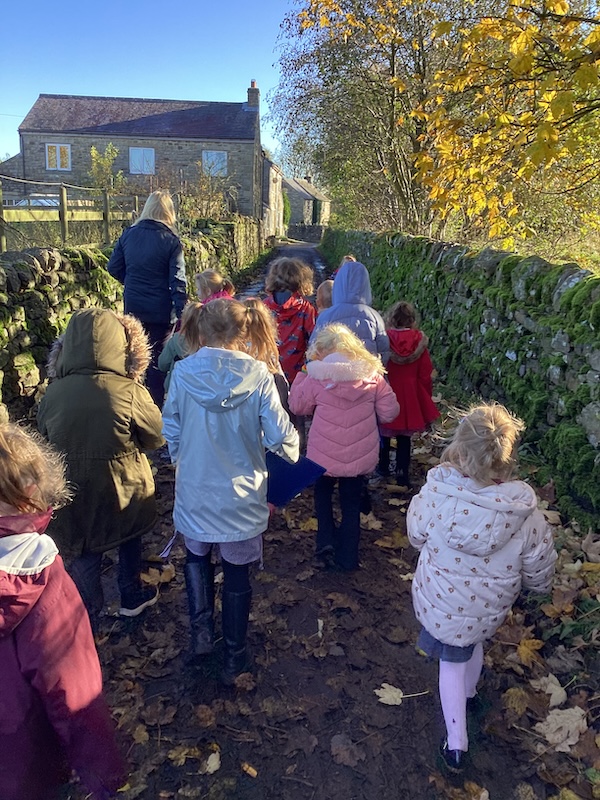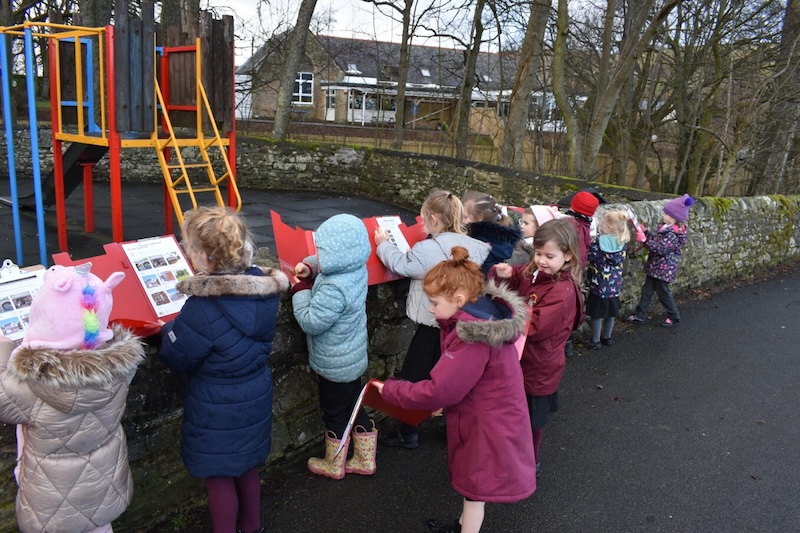

Geography
Curriculum – Geography

A high-quality geography education should inspire in pupils a curiosity and fascination about the world and its people, that will remain with them for the rest of their lives. Teaching should equip pupils with knowledge about diverse places, people, resources and natural and human environments, together with a deep understanding of the Earth’s key physical and human processes.
As pupils progress, their growing knowledge about the world should help them to deepen their understanding of the interaction between physical and human processes, and of the formation and use of landscapes and environments. Geographical knowledge, understanding and skills provide the frameworks and approaches that explain how the Earth’s features at different scales are shaped, interconnected and change over time.
Aims
The Curriculum for Geography aims to ensure that all pupils:
- develop contextual knowledge of the location of globally significant places – both terrestrial and marine – including their defining physical and human characteristics and how these provide a geographical context for understanding the actions of processes
- understand the processes that give rise to key physical and human geographical features of the world, how these are interdependent and how they bring about spatial variation and change over time
- are competent in the geographical skills needed to collect, analyse and communicate with a range of data gathered through experiences of fieldwork that deepen their understanding of geographical processes
- Can interpret a range of sources of geographical information, including maps, diagrams, globes, aerial photographs and Geographical Information Systems (GIS)
- communicate geographical information in a variety of ways, including through maps, numerical and quantitative skills and writing at length.
Learning Foci for Geography
- To investigate places.
- To investigate patterns, processes and sustainability.
- To communicate geographically.
Some discrete teaching of Geography occurs, but where possible Geography is incorporated in our current topic, which is based around Curriculum Maestro. When planning for mixed age classes we identify key geographical skills that are appropriate for different age groups. We believe that it is important for children to have opportunities to read and write at length across the curriculum and we plan opportunities for children to complete extended pieces of writing linked to our current themes.
The importance of fieldwork and making use of our locality to develop children’s understanding of maps and co-ordinates, is a key element of our geography curriculum. Regular village walks reinforce these concepts.
We also aim to make geographical links across other subject areas. For example, during our Picture News assemblies (current events), affected countries will be located on maps and globes. During History sessions, staff will incorporate map work to ensure that pupils are familiar with the geographical locations which earlier civilisations occupied e.g. Ancient Egyptians and the Sumer.





